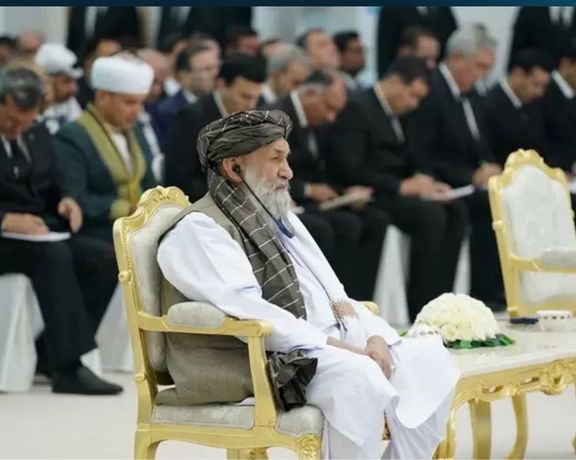The news channel criticised the Taliban’s deliberate crackdown to jam the satellite frequency, which started on September 5, and called it a direct assault on press freedom.
The news channel in a statement called on the international community, International Telecommunication Union (ITU) member states, human rights organisations, and media advocacy groups to condemn this violation of ITU regulations and hold the Taliban accountable for their illegal actions.
Harun Najafizada, Executive Editor of Afghanistan International, stated, "The Taliban's jamming of our satellite signal is a desperate attempt to silence the voice of the Afghan people. It is a continuation of their systematic campaign to suppress independent media and deny Afghans access to vital information. The group fears a well-informed populace and seeks to maintain its grip on power through censorship, misinformation, and propaganda."
Sources informed Afghanistan International that this orbital jamming is being conducted by sending disruptive signals from a ground station within Afghanistan back to the satellite, interfering with its broadcast.
A statement from the news channel highlighted that the Taliban’s action marks the first instance of satellite jamming targeting the distribution of a TV channel in Afghanistan. “Such actions violate international regulations established by the ITU, which govern the fair and open use of communication satellites,” the statement added.
The statement also emphasised that the act of orbital jamming by the Taliban not only attacks press freedom, but also violates international standards and highlights the regime’s increasing efforts to dismantle free expression and restrict Afghan citizens' access to truthful information.
Afghanistan International has been a crucial source of reliable, unbiased news for the Afghan people, particularly in the wake of the Taliban’s takeover. The media outlet stressed that pressure has to be applied to ensure that the fundamental rights of freedom of expression and access to information are upheld in Afghanistan.
Earlier too, in May 2024, the Taliban had warned journalists and experts against working with Afghanistan International TV. It was the first time that they had told people not to cooperate with a specific outlet. A spokesman for the Taliban-controlled Ministry of Information and Culture alleged the station was committing professional violations and violating moral and legal boundaries.
Afghanistan International TV, which is headquartered in London, is accessible through satellite, cable and social media.
Also in April, the Taliban had suspended two TV stations for failing to “consider national and Islamic values.”






